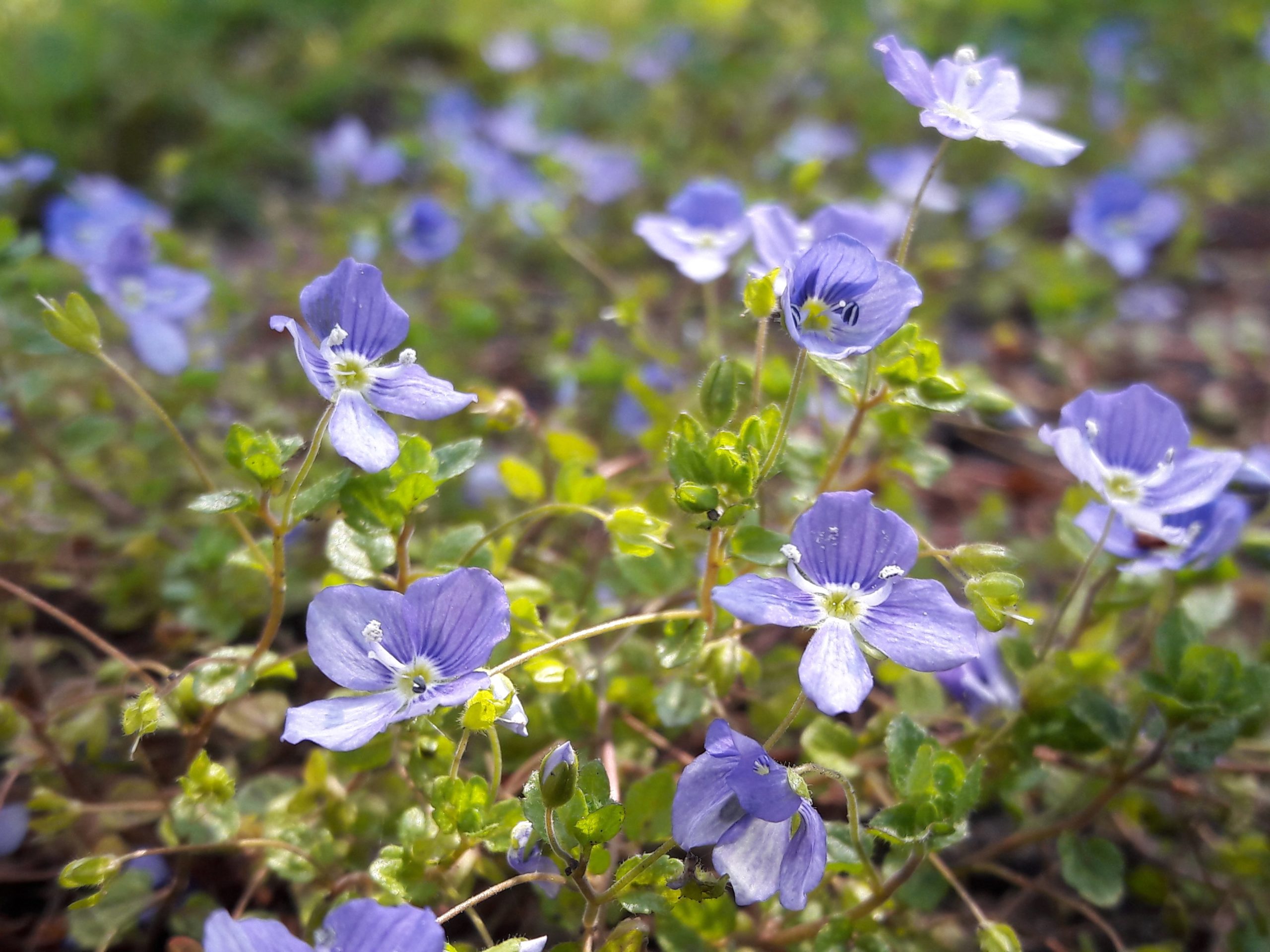BSBI set up Garden Wildflower Hunt in spring 2020. Wild plants in gardens are often ignored, but gaining a better understanding of our garden flora is important for several reasons:
- Gardens can be an important wildlife refuge, so understanding the diversity and distribution of native plants, can help provide insight into the resources available to pollinators, butterflies and other wildlife.
- There's very little data available about which plants thrive in disturbed or heavily managed garden environments. This may change over time as gardening practices shift or due to climatic changes. So Garden Wildflower Hunt provides an opportunity to gather some baseline data.
- Many gardeners deliberately establish wild areas by planting wildflower plug plants or sowing seed from a "wildflower" mix - the seeds included in these mixes may include species we wouldn't usually find in the areas where they are sown. There has been very little research done into how well these wild patches establish, which species are able to persist, if any become dominant. Here is our chance to find out!
- Plants growing in gardens frequently 'escape' into the surrounding areas and become naturalised, so understanding what is growing or has been introduced in our gardens provides valuable insight into which plants may eventually spread into the wider landscape. A related BSBI project, Plant Alert, was launched in 2019 to discover which horticultural plants have the potential to become invasive and problematic in future.
- The horticultural trade can provide a route for plants to move around, whether deliberately planted or spread accidentally, e.g. via introduced soil or containerised plants.
- Gardening practices - mowing, digging - can have an impact on the wild plants ("weeds"?) in our gardens - every gardener knows that disturbing the soil can bring up all sorts of seeds from the seed bank.
- Wild flowers can arrive spontaneously in our gardens, blown in on the wind, brought in by visiting birds or via the bird seed mixes we put out.
